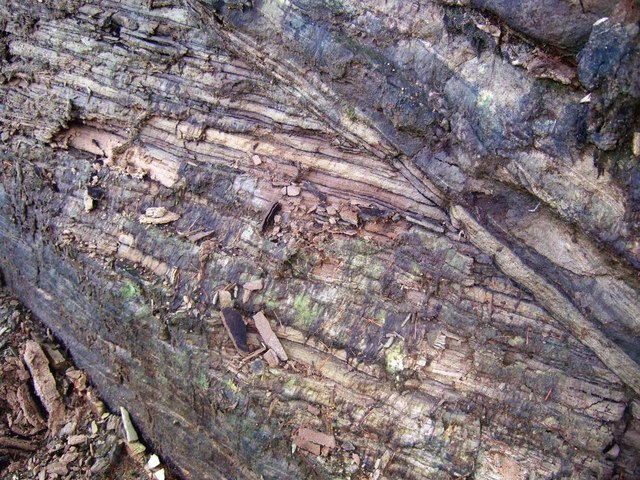 Environmental & Science Education
Environmental & Science EducationSTEM
Earth Science
Earth Systems
Geology
Society
Culture
Edward Hessler
As you probably know a committee of geologists, the Anthropocene Working Group (AWG) has voted to establish the marker for a new geologic epoch--the Anthropocene, a new unit of geologic time which recognizes the role of humans on changing the planet. It is a first step in winnowing other candidates (emphasis added). The proposed marker is the first appearance of radioactive dust on the planet.
Whoa! Wait a minute, say other scientists from the human sciences.
The argument is that other sciences, beyond stratigraphy, should be involved such as archeologists, anthropologists, geographers and sociologists. The most recent argument is put forward in a recent essay (2019) in The Conversation. "Maybe the Anthropocene began at different times in different parts of the world."
The authors asked more than "1300 archeologists from around the world to contribute their knowledge on how ancient people used the land in 146 regions spanning all continents except Antarctica from 10,000 years ago right up to 1850." Of the archeologists who responded--more than 250-- "42% of our regions had some form of agriculture by 6000 years ago." Crowdsourcing from experts.
The Anthropocene, according to the authors has deep roots. "Global archeological data show that human transformation of environments began at different times in different regions and accelerated with the emergence of agriculture. Nevertheless, by 3000 years go, most of the planet was already transformed by hunter-gatherers, farmers, and pastoralists."
The authors argue that "The message, from archaeology is clear. It took thousands of years for the pristine planet of long ago to become the human planet of today." Furthermore, "to build a more robust Earth science in the Anthropocene, the human sciences must play as central a role as the natural sciences do today."

In an essay published in 1916 in the The Conversation , co-authored by one of the four authors of first paper linked above, the request is more pointed. "We instead call for a dedicated scientific institution, perhaps called the International Anthropocene Commission, to coordinate this. ... Half its members should be drawn from anthropology, archaeology, history, sociology, geography, paleoecology, economics and philosophy. It should have a formal, documented, procedure for membership, decision-making and reporting, and feedback on its workings."
In a related report in Science by Mohi Kumar on the archeological study on ancient farmers irreversibly changing the planet, Kumar directs attention to an explanation made by AWG chair Jan Zalasiewicz (University of of Leicester). Kumar writes "There's no doubt humans have altered landscapes throughout prehistory...but for the Anthropocene to be recognized as a formal geological epoch, it needs to show a distinct signature in the rock record, which the study (survey) study doesn't provide."
Definitions in science are important and sometimes difficult, as this example shows. And the resolution is likely to be even more difficult but it will shed light on just how long humans have been a measurable influence on the earth and its systems.

 CGEE Student Voice
CGEE Student Voice
No comments:
Post a Comment